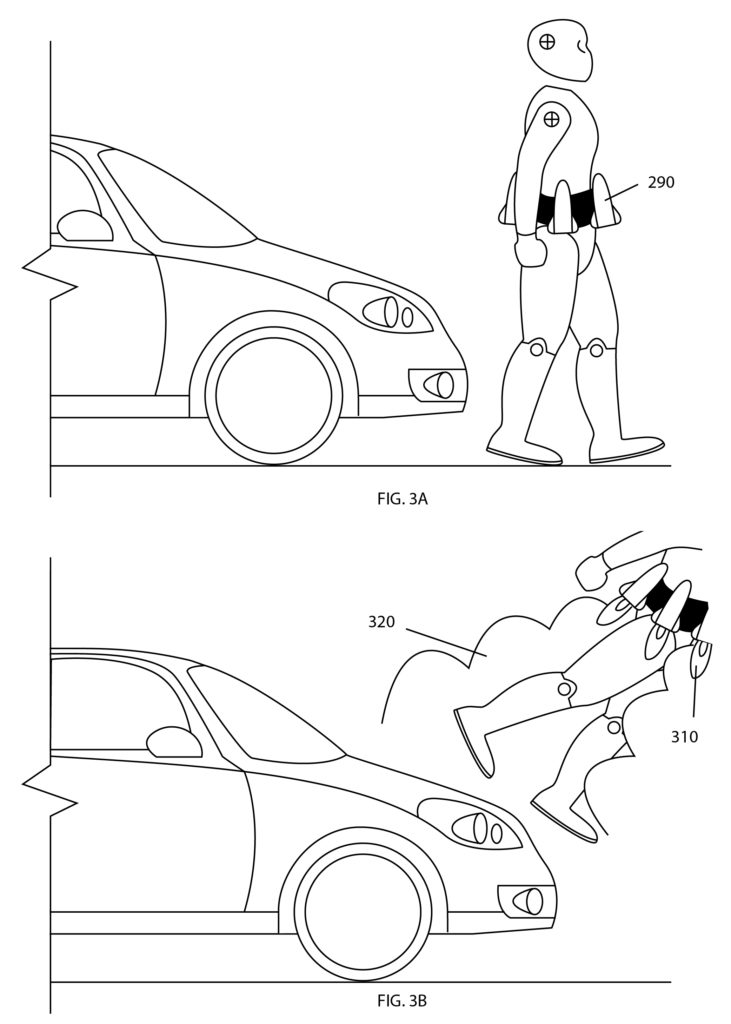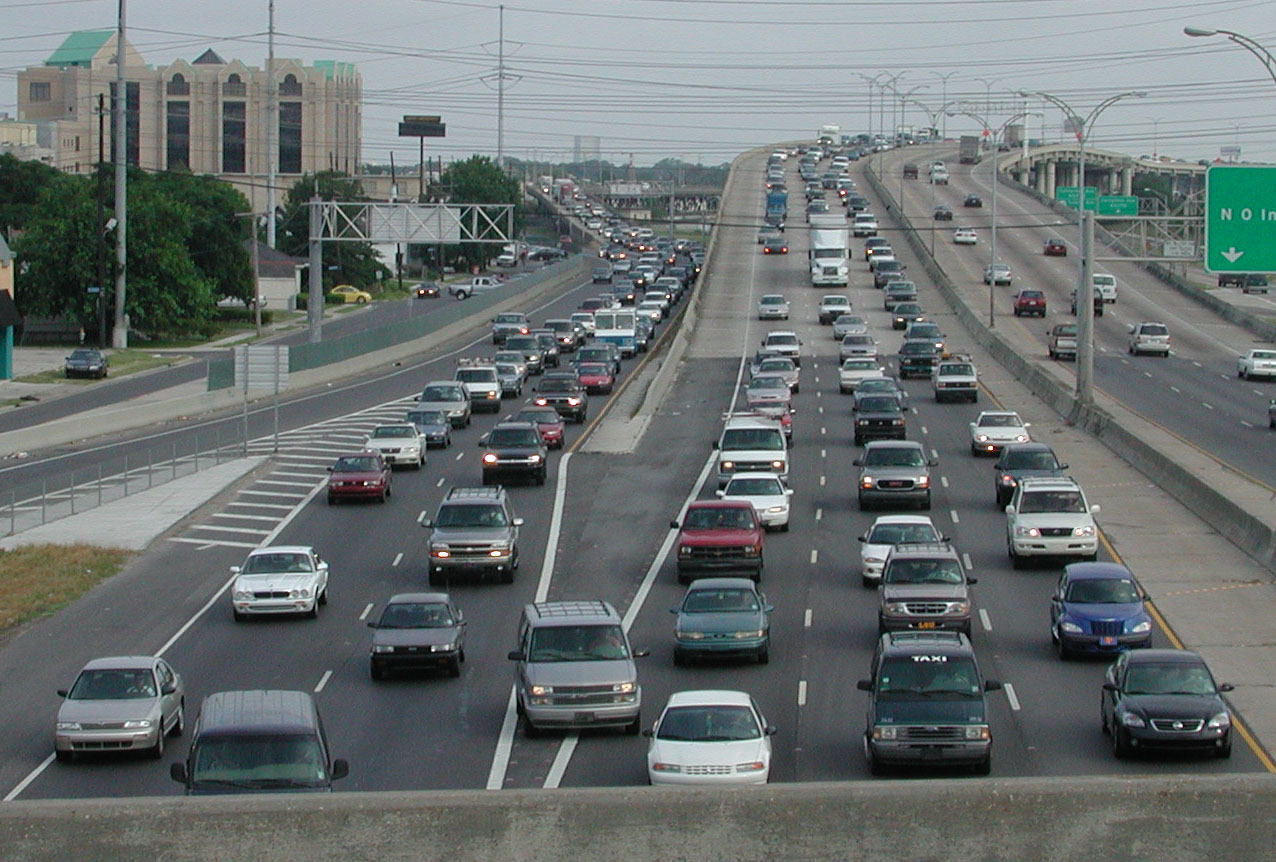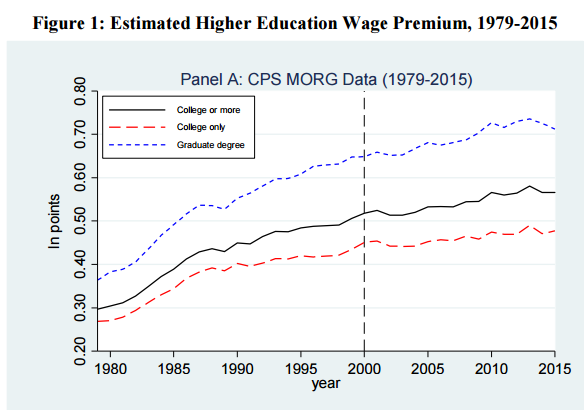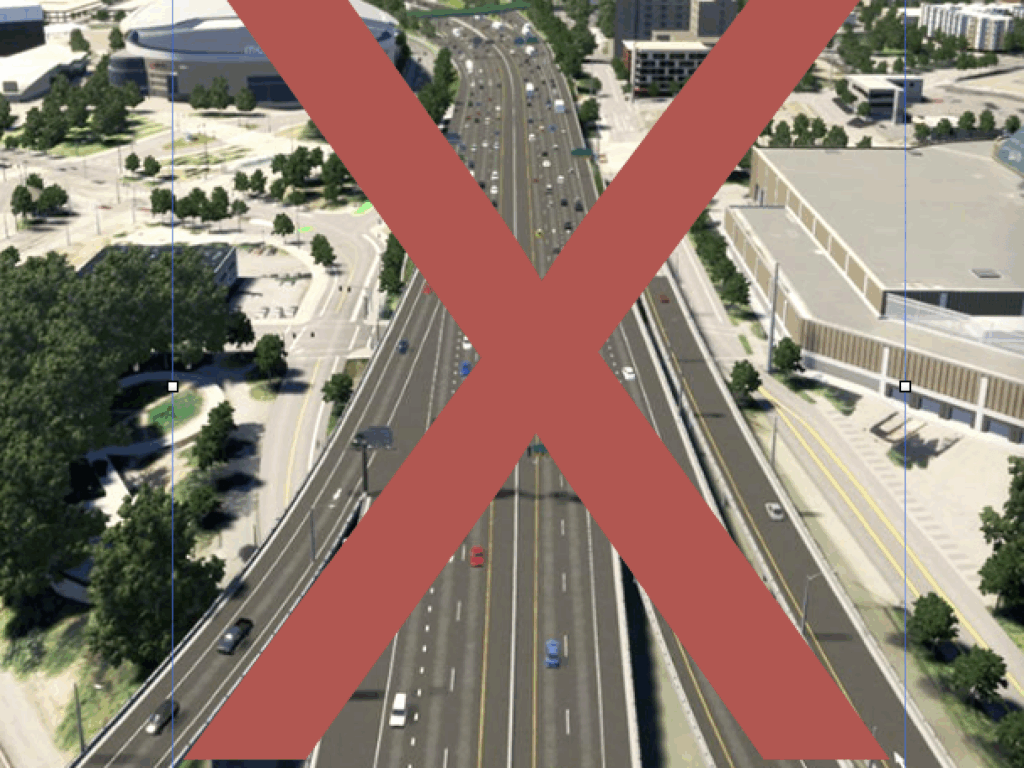What City Observatory did this week
1. A rebound in millennial car-buying?. Stories purporting to debunk the tendency of younger adults to move to cities, buy fewer houses and drive less seem to have great appeal to editors everywhere. We look into recent reports claiming that ride-sharing millennials crave car ownership after all. A recent Federal Reserve Bank study shows that new car purchases for young adults are still depressed from pre-recession levels and that the only group buying more cars is aging baby boomers. The decline in car purchasing among young adults seems to be closely related to their reduced economic prospects and their lower and later rate of marriage, compared to previous generations.
2. Some timely technologies to help pedestrians cope with self-driving cars. A number of companies are moving forward aggressively to test self-driving cars–perhaps too aggressively. In California, Uber has gotten into hot water (yet again) with local regulators over operating self-driving cars without legal permission. One self-driving Volvo was photographed running a red-light in San Francisco, just in front of a pedestrian in a marked crosswalk. The prospect of pedestrian-self-driving car conflicts seems inevitable, which has led Google to patent a special adhesive car hood to keep pedestrians from flying off if their struck. We’ve added our own ideas about how technology might keep pedestrians safer.

3. Denver backs away from inclusionary zoning. One of the favorite arguments of proponents of inclusionary zoning is a wonky variant of the child’s plea that “all the kids are doing it.” Several hundred cities and counties have developed some kind of inclusionary housing policy. But beyond the word “inclusionary” there’s often little these policies have in common with the specific proposals the cities are being asked to adopt. Case-in-point: Portland is being asked to implement one of the nation’s most stringent inclusionary zoning requirements, with advocates assuring the City Council that it need not fear adverse effects on housing supply predicted by developers, because other cities similar to Portland have inclusionary housing programs that work. Of two cited exemplars–Denver and Minneapolis–the first has just repealed its inclusionary zoning requirement, and then second has never had one. So rather than following a well-trod path, Portland is blazing un-charted and risky territory.
Must Read
This week we have three longer and more searching explorations of big urban issues–traffic congestion, smart cities and regional development–that reach beyond the daily, data-driven viewpoint to re-consider first principles. They come from three of our favorite authors, and make great reading as we wrap up one year and proceed to the next.
How to think about traffic congestion. Felix Salmon, who you may know from his stint at Reuters and more recently with Fusion, has a new newsletter–”Nota Bene“–offering up his trenchant thoughts on a wide range of subjects, from wine to lead poisoning. Right off the bat, Salmon has a compelling essay addressing how we think about traffic congestion. Salmon argues that our perennial dissatisfaction with traffic congestion is largely a product of unrealistic expectations: “the answer to pretty much all traffic problems, it seems to me, is best addressed neither on the supply side nor on the demand side, but rather on the expectations side.”(While this article is well worth a read on its own merits, you’d be well-advised to subscribe to Nota Bene and get a weekly dose of Felix Salmon’s keen wit.)

Another take on “Smart Cities.” The University of Minnesota’s David Levinson–aka “The Transportist”–offers his views on Smart Cities. The fatal conceit of the Smart Cities evangelists, in Levinson’s view, is the assumption that the single central planner knows what’s best. The advent of big data fuels the illusion that planners can know so much more than they do now, and know it in real time, in a way that will enable them to overcome the limits that plague traditional centralized decision-making. Levinson argues that this is a mirage: that the knowledge required is so complex, and balancing competing interests and priorities so difficult, that we’d be much better off with a much more decentralized system, that gave individual actors more autonomy and used prices to reflect back to users the costs and consequences of their choices.
Regional Policy and Distributional Policy in a World Where People Want to Ignore the Value and Contribution of Knowledge- and Network-Based Increasing Returns. In the wake of the November election, there’s a lot of soul searching among liberals asking whether we’ve done enough to address the economic dislocation produced by globalization and technological change. Donald Trump clearly tapped a deep vein of resentment among those who’ve seen traditional routes to success, including the emblematic blue-collar manufacturing jobs go into prolonged decline. That’s prompted a renewed interest in how we might extend economic development to depressed areas and dislocated workers. Berkeley economist Brad DeLong traces the roots of this problem to our collective failure to come up with ways that provide for an equitable distribution of the fruits of our collective endeavors while maintaining the shared belief that each of us is getting what we’ve earned and deserve. It’s a provocative piece, and one that frames many of the fundamental issues that underly the national debate about regional development.
New Knowledge
The Flattening of the College-Wage Premium. One of the key markers of a shift to a globalized, knowledge-driven economy has been the increasing premium that college-educated workers have earned relative to those with just a high school education. A new paper from Federal Reserve Bank of San Francisco economist Robert Valetta looks at recent trends in the wage premium. He finds that after growing sharply in the 1980s, growth in the wage premium slowed in the 1990s, slowed further in the last decade, and has been essentially un-changed since 2010.

Valetta considers two alternative explanations for the non-growth of the wage premium in recent years: job polarization and skill down-grading. The first posits that the number of middle-wage jobs have eroded, while the second implies that a relative glut of well-educated workers is pushing college-educated workers into jobs that have been usually held by workers with less education, dampening the returns to education. The takeaway: “These patterns suggest that the previously growing complementarity between highly educated labor and new production technologies, especially those that rely on computers and related organizational capital, may be leveling off. ”

